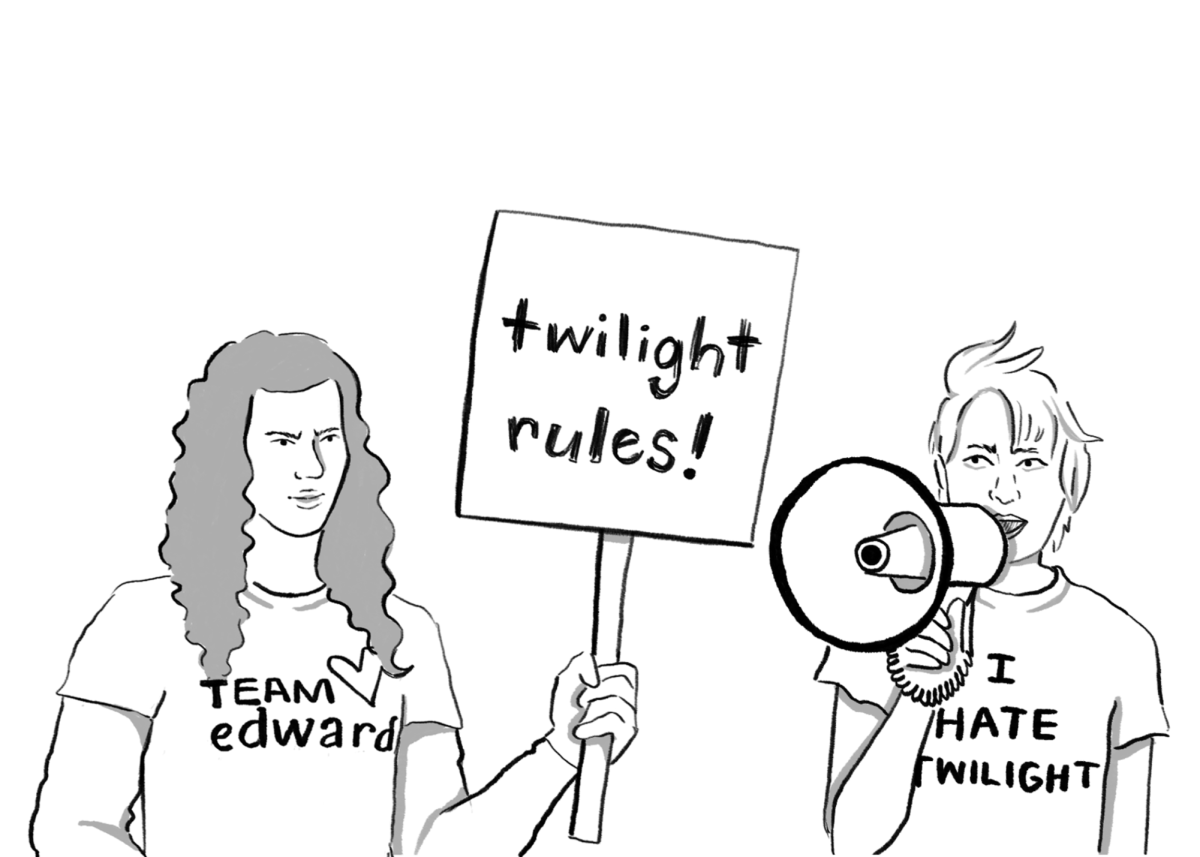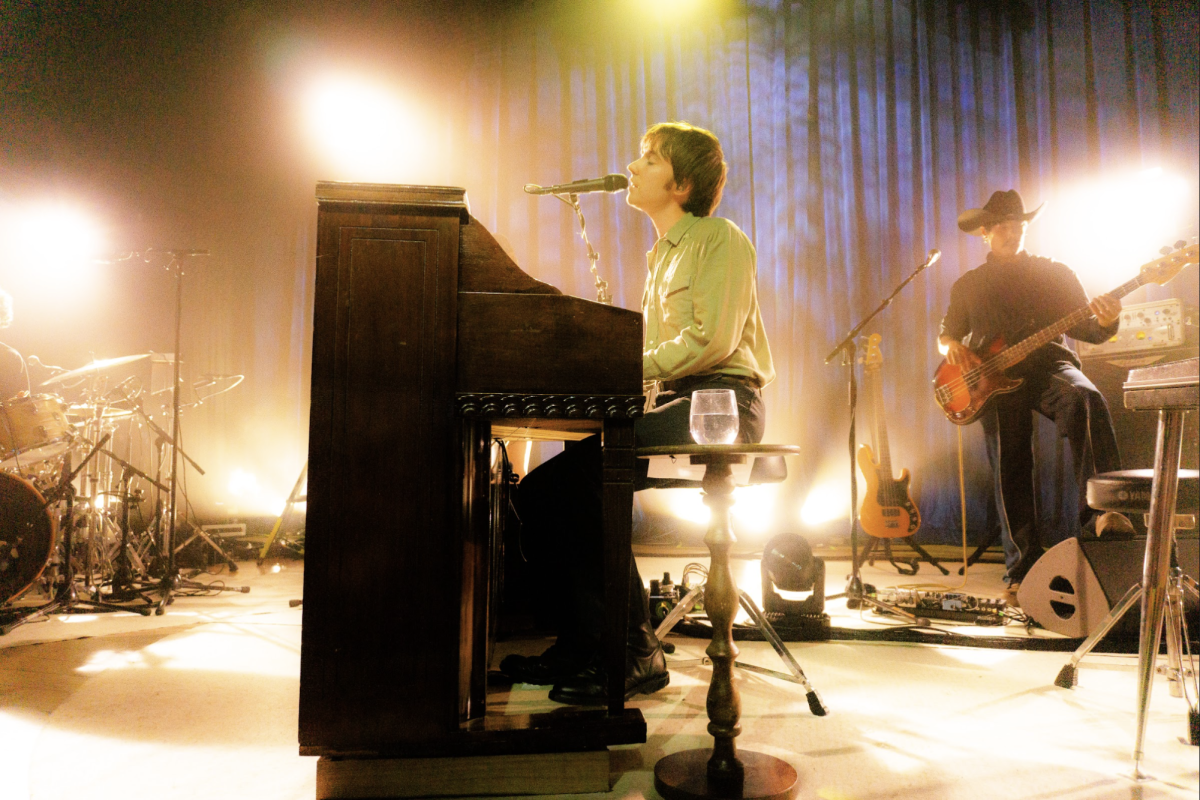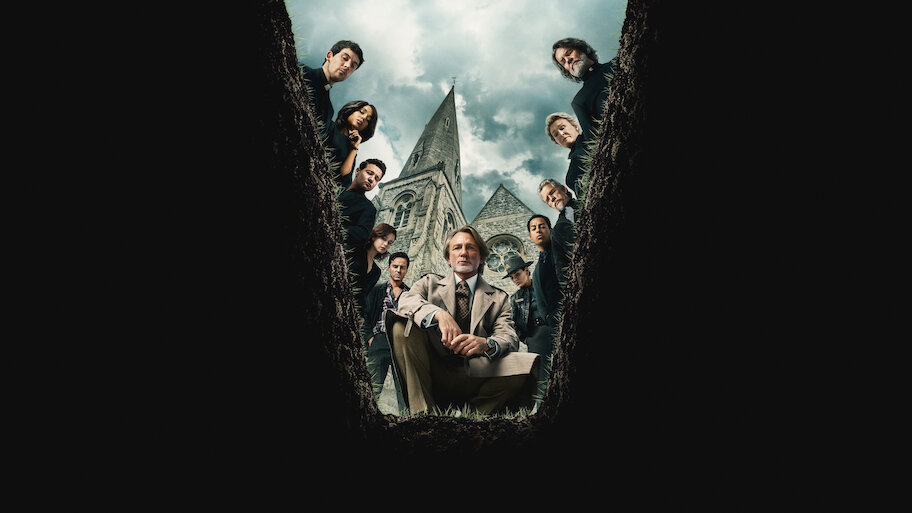Release date: Feb. 28 at the San Diego Latino Film Festival
Directed by: Arnaud Desplechin
Starring Benicio Del Toro, Mathieu Amalric, Elya Baskin, Gina McKee
Rating: 3/5
The buddy film starring UCSD alumnus Benicio Del Toro has issues with plot pacing, but plays out as an engaging biopic of a traumatized Native American war veteran.
The year is 1948, and World War II has been over for nearly three years. The setting is a ranch in Montana, where Native American war veteran Jimmy Picard (Benicio Del Toro) lives with his older sister Gayle (Michelle Thrush). From the outset of the film, Jimmy shows symptoms of posttraumatic stress disorder: He is hardly responsive, often distant and appears apathetic to life.
When Jimmy suddenly collapses, disoriented and in a state of panic, his worried sister decides it’s time for him to get help. They take the train to Topeka, Kan., where Jimmy is put under the care of a group of trained physicians who subject him to a thorough regiment of testing. They find nothing physically wrong with him, so they bring in psychoanalyst-slash-anthropologist Georges Devereux (Mathieu Amalric), who becomes Jimmy’s savior and friend.
Together, the two explore the numerous dreams that are plaguing Jimmy — including his war experiences, and his early years — allowing them to uncover Jimmy’s troubled past. The film’s great strength comes from the connection between Amalric and Del Toro, who play well off of each other as the talkative, bespectacled European and the stout, soft-spoken veteran. Ultimately, their two very different characters come out of their analyst-patient relationship with a mutual bond founded on genuine trust.
Despite the undeniable chemistry between the leads, the plot lacks cohesion at times. The film builds up to an absorbing climax when we finally learn why Jimmy is so traumatized, but the revelation gives way to a long, overly drawn-out denouement. This uneven pacing to the plot hurts the film, sometimes making character development inconsistent.
The film’s pacing makes some characters feel irrelevant — Devereux’s lover Madeleine (Gina McKee) is a charming character, but she seems to be unnecessary aside present only to entertain. Jimmy’s sister and the kindly Dr. Menniger (Larry Pine) play an integral role in plot exposition early on, but are abruptly abandoned until the end of the film.
At heart, “Jimmy P.” belongs to the two lead characters alone. Their dynamic is reminiscent of that between King George (Colin Firth) and his speech therapist (Geoffrey Rush) in “The King’s Speech” — ultimately, the psychoanalysis serves as a vehicle for their blooming friendship.
The rest of the characters and plot take a back seat to the personal dialogue, and it’s a shame that the film does not find its bearings sooner because “Jimmy P” is best at its most basic. Del Toro and Amalric’s simple, intimate discussions about life experiences bring strength to an unassuming film — and this alone makes it worth a watch.













